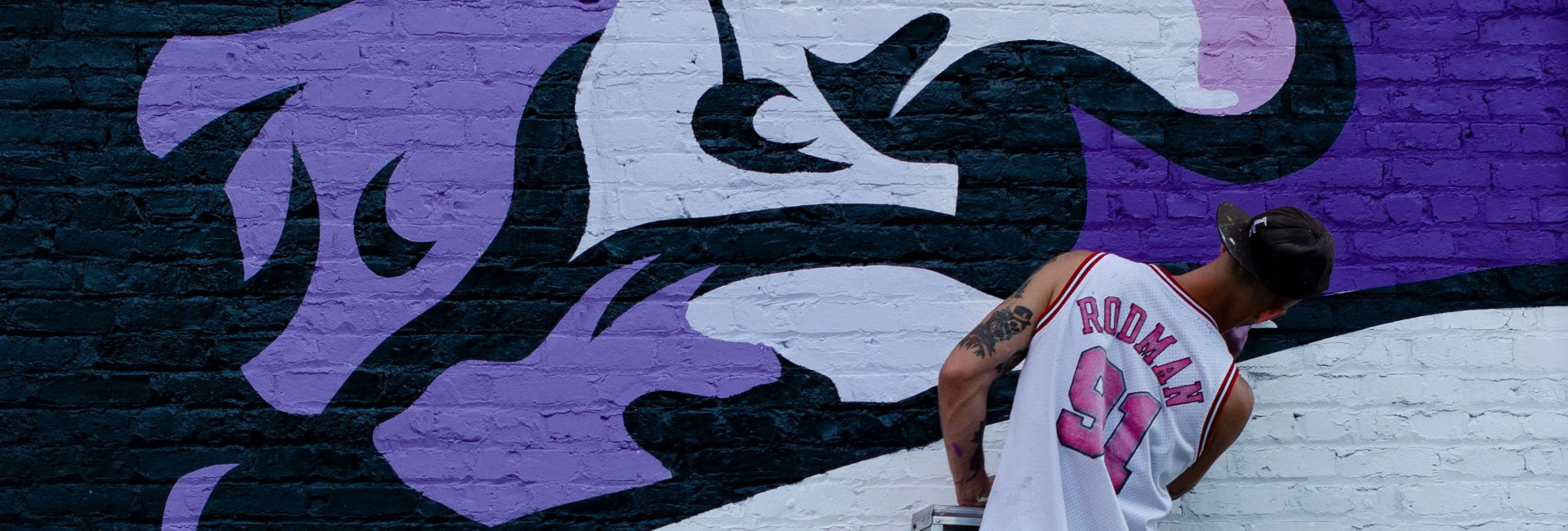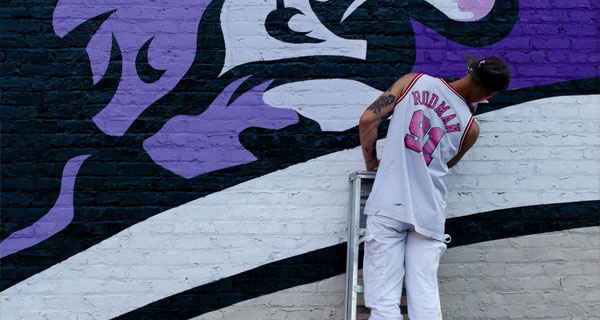
Used under a Creative Commons Licence
Street Art Photography, Copyright Law and Your Rights in Australia
If you’re an Australian photographer who loves the rush of snapping bold street art in Melbourne’s Hosier Lane or Sydney’s Newtown, pause before you post, print or sell. You might be buying yourself more than a round of applause—copyright law in Australia is clear and it doesn’t mess about. Street art and graffiti might feel free as a breeze, but capturing it for commercial use can land you in legal strife if you don’t know the rules.
Street art is protected under the Copyright Act 1968 (Cth), meaning the artist owns copyright the moment the paint dries—no registration needed. It doesn’t matter whether the piece was commissioned or a midnight act of creative rebellion. If you photograph street art and it’s the main focus of your image (for prints, branding, ads, editorial, or boosting your Insta-shop), you could be infringing not only on copyright but on the artist’s moral rights. These include the right to be credited and the right to object to the artwork being altered or misrepresented.
So what’s the danger zone for photographers? Commercial use where the artwork is unmistakably front and centre. If it’s blurred in the background of a portrait or a wedding snap, your risk is lower—but there’s no ironclad safe spot. Simply put, the more recognisable and highlighted the art, the greater the legal risk if you don’t get consent.
Even if the artist is anonymous, copyright applies.
Artists might struggle to prove ownership, but that headache is theirs—not yours.
In Australia most local disputes get settled in private, mainly because artists often lack the resources to take big brands to Federal Court. The principle, though, is crystal clear: using street art for commercial gain without permission is risky business.
Here’s a modern twist: if you’re using AI tools to enhance or edit your street art photos, you’ve just added another layer of legal complexity. Generative AI can “unintentionally” recreate or alter someone else’s artwork, and that’s a copyright or moral rights breach if it distorts, copies, or misrepresents the original. Your contract with a retoucher should require human review and consent checks for edits—“the computer did it” isn’t a defence that will win friends in court.
So how do you keep out of trouble but still be creative?
Start by always getting permission if the art is the focus and the image will be sold or used for commercial purposes. For more casual projects, make street art a background element rather than the main event. Credit the artist wherever possible—this helps with their moral rights (and most like the shoutout anyway). Avoid cropping, retouching or editing the mural in ways that alter the meaning or damage the artist’s reputation. And if you’re unsure, speak to a copyright lawyer for peace of mind before you hit publish.
Practical tips:
- Street art copyright Australia: Know the law before you shoot or sell.
- Commercial photography legal risks: Understand where the danger lies.
- Intellectual property for photographers: Get familiar with protecting yourself and others.
- AI image editing and copyright: Stay aware of new risks in the digital age.
- Moral rights street art Australia: Don’t mess with the meaning without asking.
Remember: our cities are stunning thanks to brilliant artists, and their work deserves respect as well as legal recognition.
Photographers can elevate, celebrate and share this art—just do it the right way.
For more practical advice on copyright, contracts and creative law, you’re always welcome to reach out to Sharon Givoni Consulting.
What can we do for you at Sharon Givoni Consulting?
We specialise in helping photographers, artists and businesses understand copyright law, register and defend their intellectual property, review contracts with clients, brands and editors, and resolve disputes—practically, professionally and without drama. Whether you need guidance on photography agreements, advice on image licensing, support with commercial shoots, or help staying clear of copyright and moral rights pitfalls, our lawyers can deliver clear, strategic solutions, tailored for the creative industries.
For more information or to discuss your work, contact us anytime. We know creative law and we love seeing our clients succeed—without stray legal worries clouding your creative energy.
Read more: Street Art: Another Brick in the Copyright Wall
Please note the above article is general in nature and does not constitute legal advice.
Please email us info@iplegal.com.au if you need legal advice about your brand or another legal matter in this area generally.


